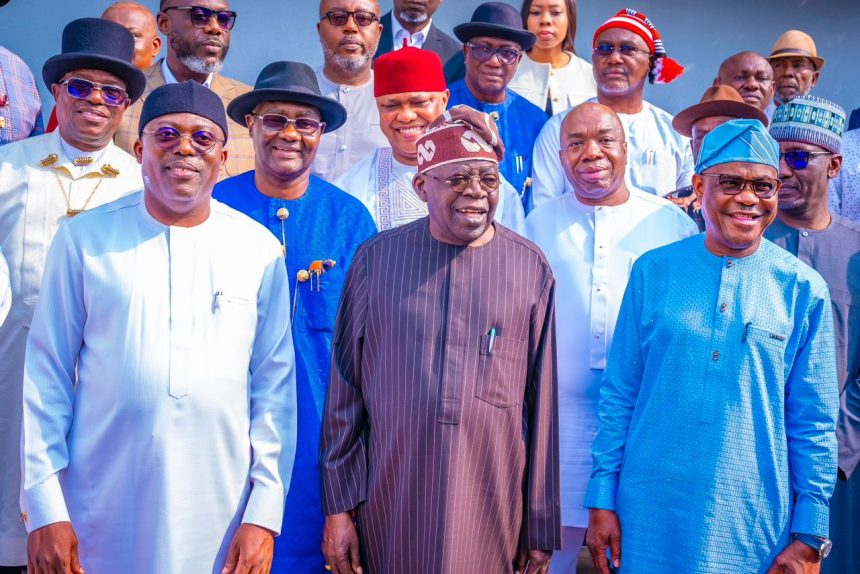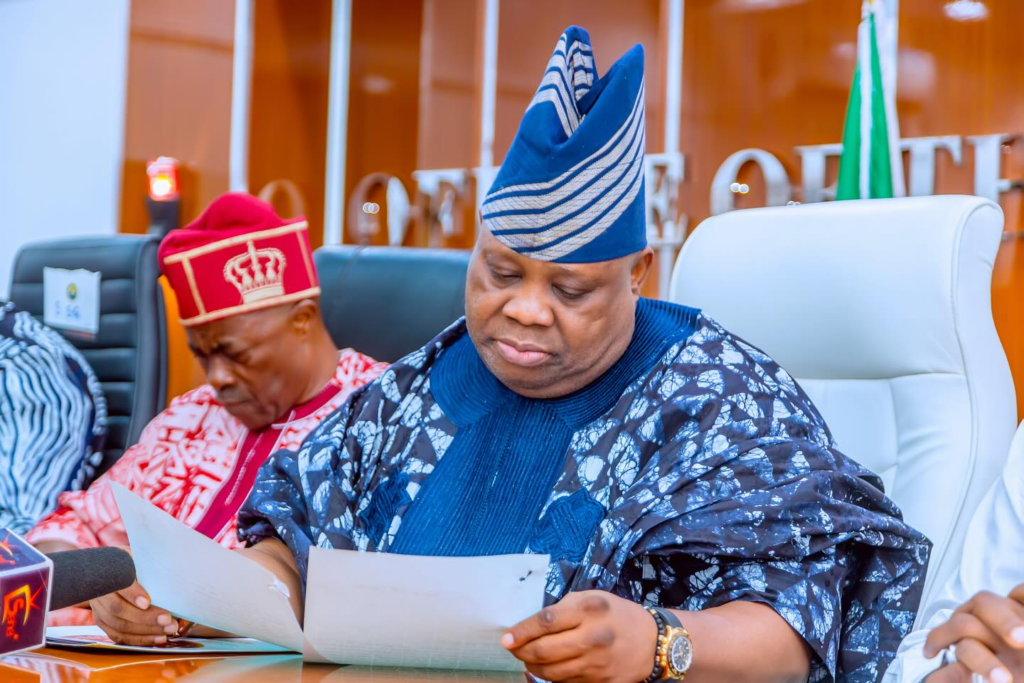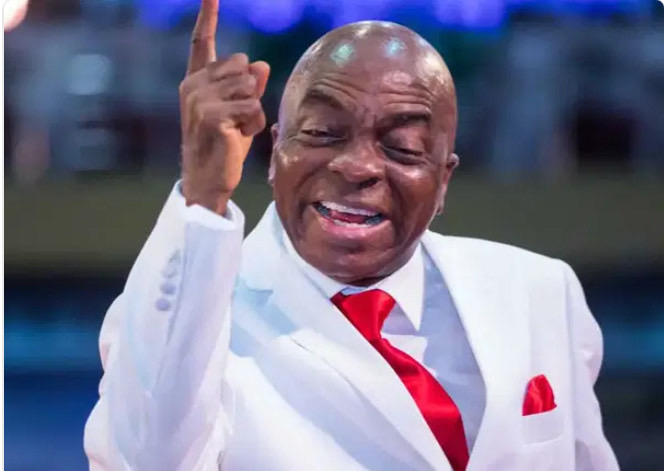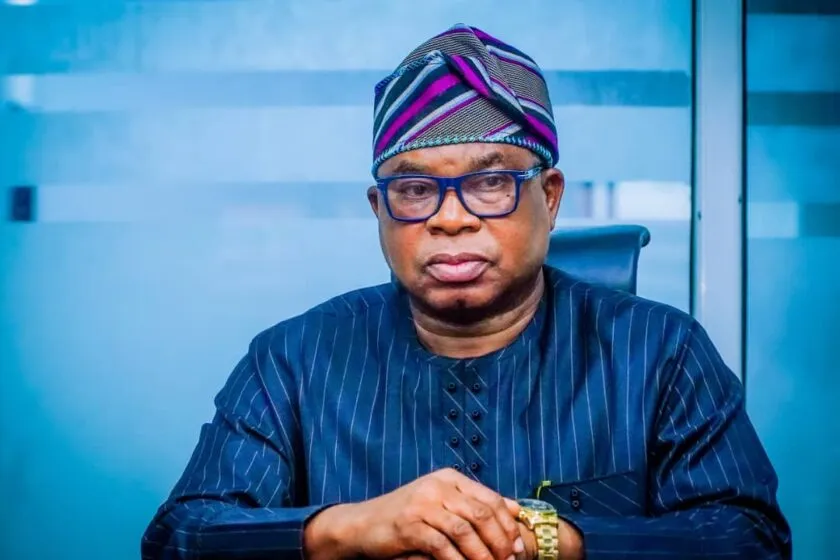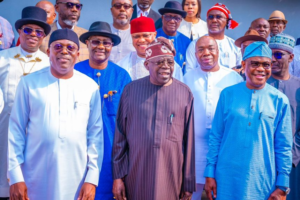With the U.S. presidential election fast approaching, Kamala Harris is intensifying her efforts to connect with Black and Latino voters. Although she holds a significant lead with both groups, some Democrats have expressed concerns that she needs to do more to energize them and ensure high voter turnout in November.
This push comes in light of recent polling that suggests Donald Trump is making inroads with Black and Latino voters, continuing a trend seen in the 2016 and 2020 elections. A New York Times and Siena poll showed Harris with 78% support among Black voters—lower than the 90% that Democrats typically receive—with Black men accounting for most of the drop.
In a race expected to be decided by narrow margins, even modest shifts in support among Black and Latino voters could sway the outcome. For example, in Arizona, nearly one in four voters on November 5 is expected to be Latino, with almost 20% in neighboring Nevada. In Georgia, Black voters make up about 30% of the electorate. These voter groups are crucial in key battleground states.
What could be driving Trump’s apparent gains among these voters?
The economy, particularly inflation and the cost of living, is the top issue for many voters, including Black and Latino communities. According to the New York Times, a large portion of both groups is dissatisfied with the current state of the economy.
Among those voters is Quenton Jordan, a 30-year-old from Virginia who once supported Barack Obama but has voted for Trump since 2016. “Inflation has made it nearly impossible, or extremely challenging, for people to provide basic necessities for their families,” Jordan said. “It’s things like that which make people feel the pressure from rising costs, making life harder.”
In Nevada, a key swing state with a large Latino population, many voters are reflecting on the economy during Donald Trump’s presidency. Las Vegas resident Lydia Dominguez noted that economic concerns have shifted attitudes, saying, “Latinos remember the economy under Trump,” and that there’s “no longer a stigma” around supporting him.
“They can’t afford to live. That’s a huge factor,” Dominguez told the BBC. “It’s no longer taboo to support him.”
Even some voters who lean toward supporting Kamala Harris acknowledge that financial concerns have drawn some in their communities toward Trump.
“Many people in my community are switching sides. A lot will vote for Trump, based on economics alone,” said Diego Arancivia, a former Republican voter in Nevada now backing Harris. “They wouldn’t want to grab a beer with him, but they believe he has the tools to lift them up economically.”





